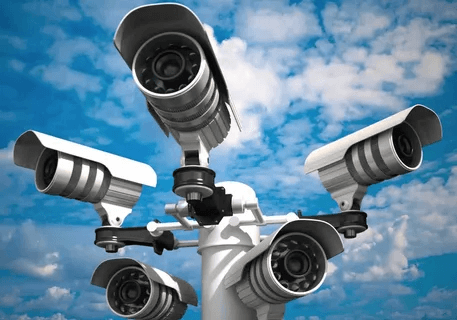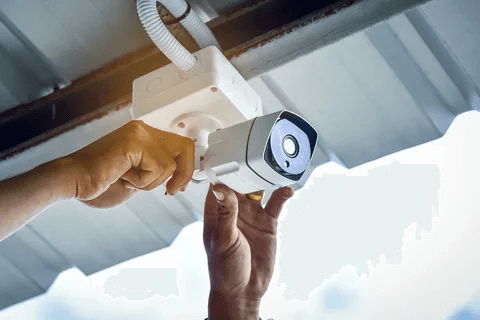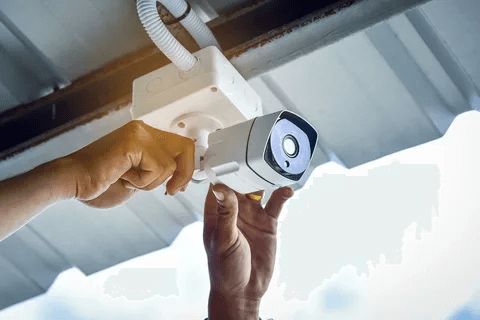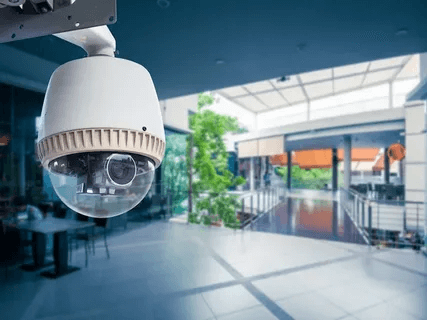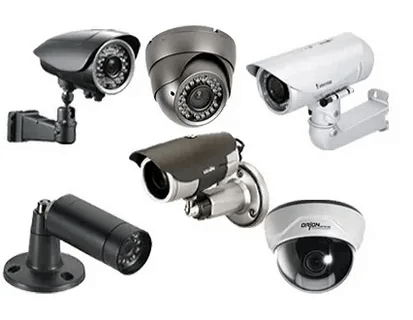NVR vs. DVR: A Guide to Choosing the Best Recorder
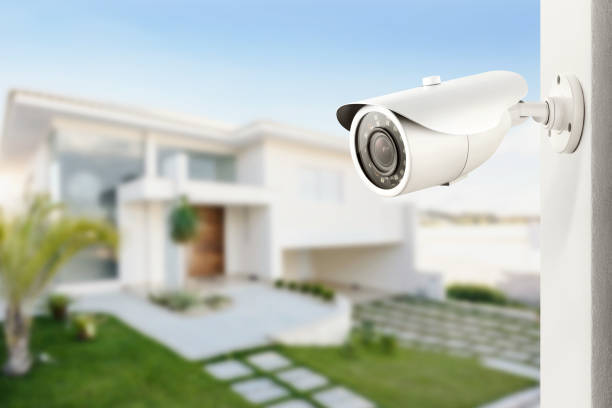
Strong 8k brings an ultra-HD IPTV experience to your living room and your pocket.
When it comes to surveillance systems, choosing the right recording device is essential for ensuring security and accessibility. Network Video Recorders (NVR) and Digital Video Recorders (DVR) are two primary options, each suited to different needs and setups. Consulting with the Best Security company can help you understand their differences and make an informed decision that aligns with your security requirements.
Understanding DVR: The Classic Surveillance Recorder
Digital Video Recorders have been a staple in security systems for years. DVR systems are designed to work with analog cameras, converting analog signals into digital formats for recording and storage. This setup requires a direct, physical connection between the cameras and the DVR via coaxial cables.
DVRs are known for their simplicity and cost-effectiveness, making them a popular choice for basic surveillance needs. These systems typically come with built-in software that allows for playback, scheduling, and basic video management.
Exploring NVR: The Modern Recording Solution
Network Video Recorders are the newer generation of recording devices. They are specifically designed to work with IP cameras, which transmit video data over a network. Unlike DVRs, NVR systems do not require a direct physical connection to cameras, as the video is sent through Ethernet or Wi-Fi connections.
NVRs offer more advanced features, including higher video resolution, remote access, and integration with smart systems. They are ideal for users who want a scalable, future-proof solution that leverages modern technology.
Key Differences Between NVR and DVR Systems
Understanding the differences between NVR and DVR systems is crucial for determining which one suits your needs. The primary distinction lies in how they process and store video data.
DVR systems rely on analog cameras, which are generally less expensive but offer limited resolution. NVR systems, on the other hand, use IP cameras that deliver higher-quality video and advanced features like motion detection and AI analytics.
Another major difference is the wiring setup. DVR systems require coaxial cables, which can be cumbersome to install and manage. NVR systems use Ethernet cables or wireless connections, offering greater flexibility in installation and camera placement.
Installation and Setup Considerations
The installation process is another factor to consider when choosing between NVR and DVR systems. DVR setups require separate power supplies for cameras and a direct physical connection to the recorder. This can be labor-intensive and less practical for larger setups.
NVR systems simplify installation by using Power over Ethernet (PoE) technology, which allows a single cable to carry both power and data. This reduces clutter and makes it easier to install cameras in hard-to-reach areas.
Performance and Video Quality
When it comes to video quality, NVR systems outperform DVR systems due to their compatibility with high-resolution IP cameras. NVRs can support resolutions up to 4K or higher, ensuring crisp and detailed footage.
DVR systems, while reliable, are often limited to standard or slightly enhanced definition. This makes them less suitable for scenarios where identifying fine details, such as license plates or faces, is critical.
Remote Access and Smart Features
Modern surveillance systems often require remote access and smart features for enhanced functionality. NVR systems excel in this regard, offering seamless integration with mobile apps, cloud storage, and smart home ecosystems.
DVR systems, while capable of remote access, may require additional configurations and are less versatile when it comes to advanced features.
Scalability and Future-Proofing
For businesses or homeowners looking to scale their surveillance systems over time, NVR systems provide a more flexible solution. IP cameras can be easily added or repositioned within the network, making it simple to expand coverage.
DVR systems are less scalable due to their reliance on fixed cable connections. Upgrading or adding cameras often involves significant rewiring and compatibility concerns.
Cost Considerations
Cost is a significant factor in choosing between NVR and DVR systems. DVR systems are generally more affordable, both in terms of initial investment and equipment costs. This makes them a practical choice for budget-conscious users or smaller setups.
NVR systems, while more expensive, offer better long-term value due to their advanced features and scalability. For users prioritizing performance and future-proofing, the higher upfront cost is often justified.
Choosing the Right System for Your Needs
The choice between NVR and DVR ultimately depends on your specific requirements and constraints. For smaller, budget-friendly setups with basic surveillance needs, a DVR system may be sufficient. However, if you’re looking for high-resolution video, advanced features, and scalability, an NVR system is the better option.
Consider factors like the size of the area to be monitored, the number of cameras required, and the importance of remote access and integration. Evaluating these aspects will help you choose a system that meets your needs while providing reliable security.
The Future of Surveillance Technology
As surveillance technology continues to evolve, the distinction between NVR and DVR systems becomes increasingly clear. NVR systems represent the future of security, with their ability to integrate with modern technologies and deliver superior performance. DVR systems, while reliable, are gradually becoming less prominent as users gravitate toward the flexibility and capabilities of NVR setups.
Investing in the right recording system is a critical step in ensuring effective security for your home or business. By understanding the strengths and limitations of each option, you can make a well-informed decision that aligns with your goals.
Note: IndiBlogHub features both user-submitted and editorial content. We do not verify third-party contributions. Read our Disclaimer and Privacy Policyfor details.



